Israel and Hamas think they’re winning the war — but both have lost
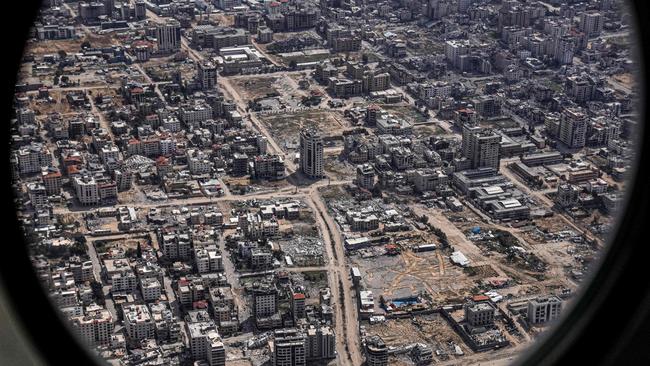
Not far away from Marzouk’s headquarters in Doha, negotiations to end the war in Gaza are set to resume after a UN resolution calling for a ceasefire. Yet mediators face a seemingly unbridgeable divide: Israel and Hamas have reached a stalemate but both sides still believe they can win.
Unrepentant for the October 7 massacres and a war that has left more than 30,000 of his people dead, Marzouk says he would do it all again, given the chance.
In nearly six months since Hamas started a war that has threatened to escalate into a regional conflict, it has become clear that both sides are increasingly entrenched. Israel has said it will not rest until Hamas is obliterated and the hostages are returned. Hamas will not put down its arms until Israel pledges to remove its forces from Gaza.
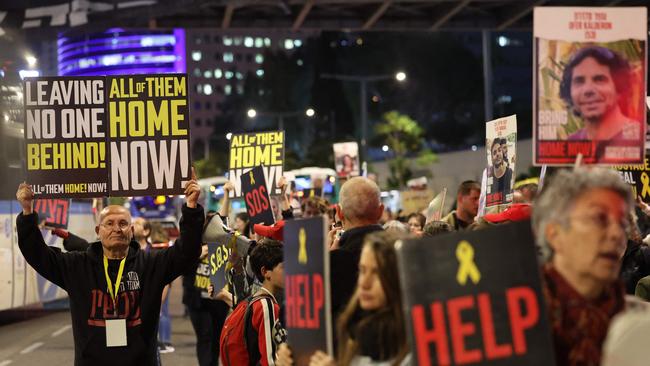
Neither is likely to happen. For ceasefire negotiators the job is now to find some middle ground that allows both parties to save face.
Though Israel controls almost all of Gaza and has killed thousands of its fighters, Hamas claims that in the court of international opinion the horrors of October 7 have been overtaken by the suffering in Gaza.
In reality, they are right and wrong. Israel is increasingly isolated and under pressure. Even its staunchest allies are becoming frustrated with Binyamin Netanyahu’s bellicosity, urging him to call a truce.
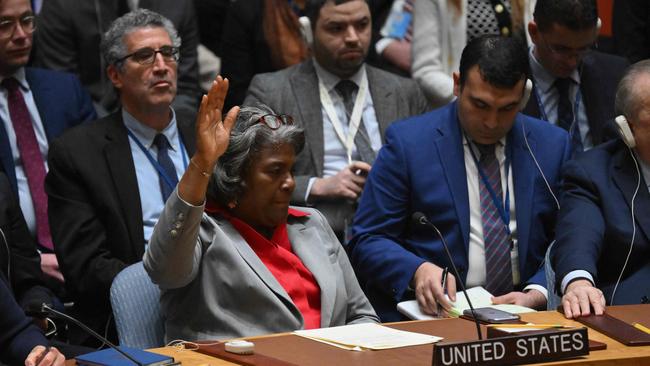
Proposals for Palestinian statehood have been revived, while US-brokered negotiations between Israel and Saudi Arabia to establish diplomatic relations have largely been aborted. Yet in Israel the memory of the October 7 attack is still fresh, and though the war is being questioned more than ever it still has broad public support.
The ceasefire talks in Doha have stumbled along for weeks, always threatening to unravel. When interviewed a week ago, days after US officials expressed optimism, Marzouk, left, said they were back to “square one”. Mediators said an agreement was unlikely this month, as they shuttle back and forth between Hamas, Israeli and American teams in Doha, carrying proposals and counterproposals.
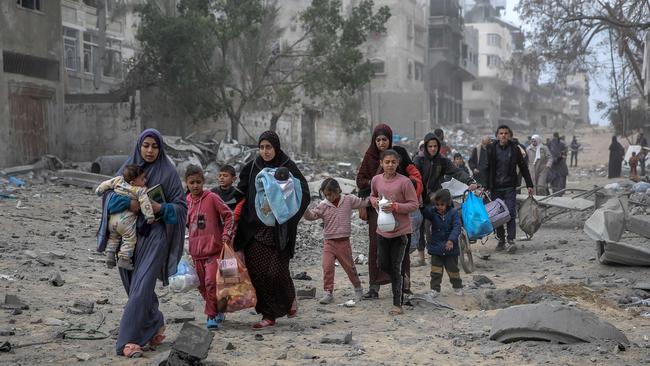
The disputes centre on allowing displaced Palestinians to return to northern Gaza - a key demand from Hamas - and the number and type of prisoners Hamas is demanding in exchange for the Israeli hostages.
Hamas wants Israel to agree to ending the war at some stage in the talks. But Israel, painfully aware that the majority of Hamas senior commanders remain alive in Gaza, wants a temporary ceasefire that would free hostages, and then to resume the war.
“They are both coming out as losers,” says Gershon Baskin, an Israeli researcher who was involved in previous negotiations between Israel and Hamas. “It’s a lose-lose scenario. We have to find some way that enables both sides to claim a victory.”
One person familiar with the talks said the Israelis were concerned about the prospect of Yahya Sinwar, Hamas’s leader in Gaza, emerging from the shadows to declare a victory.
“If Israel doesn’t announce Sinwar dead, they have failed,” another source said.
Back in the Doha villa, Marzouk said Hamas was ready to stay the course. “The resistance has no choice,” he said. “Living in freedom and dignity is worth a thousand times more than all the buildings.”
The Times

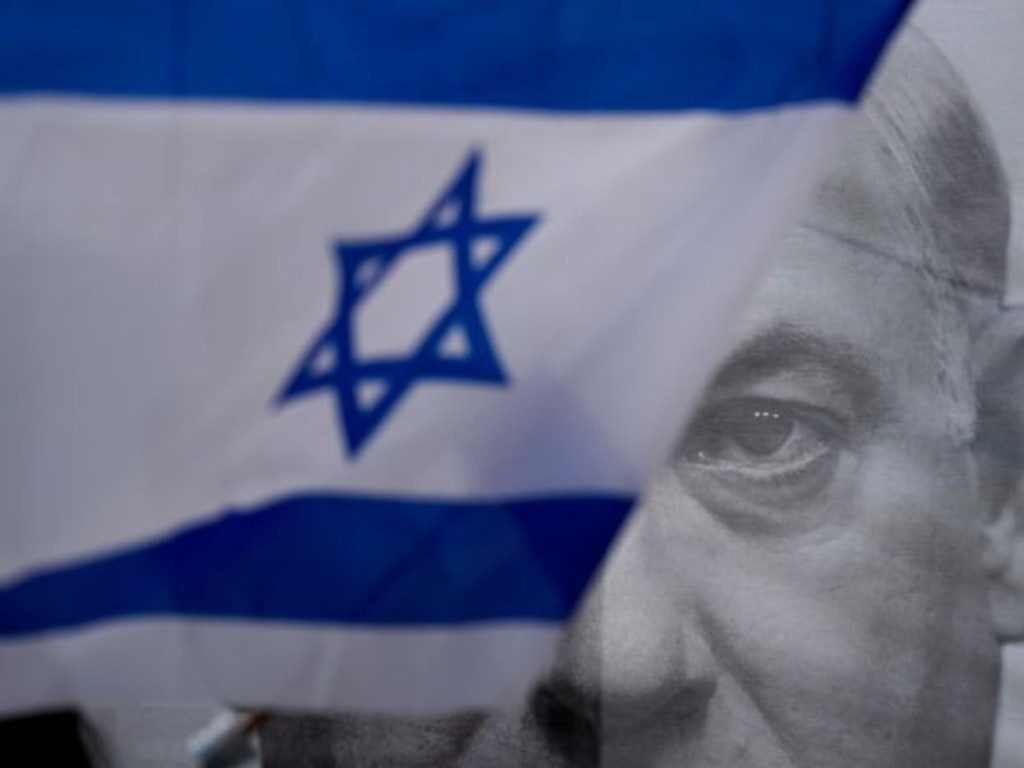
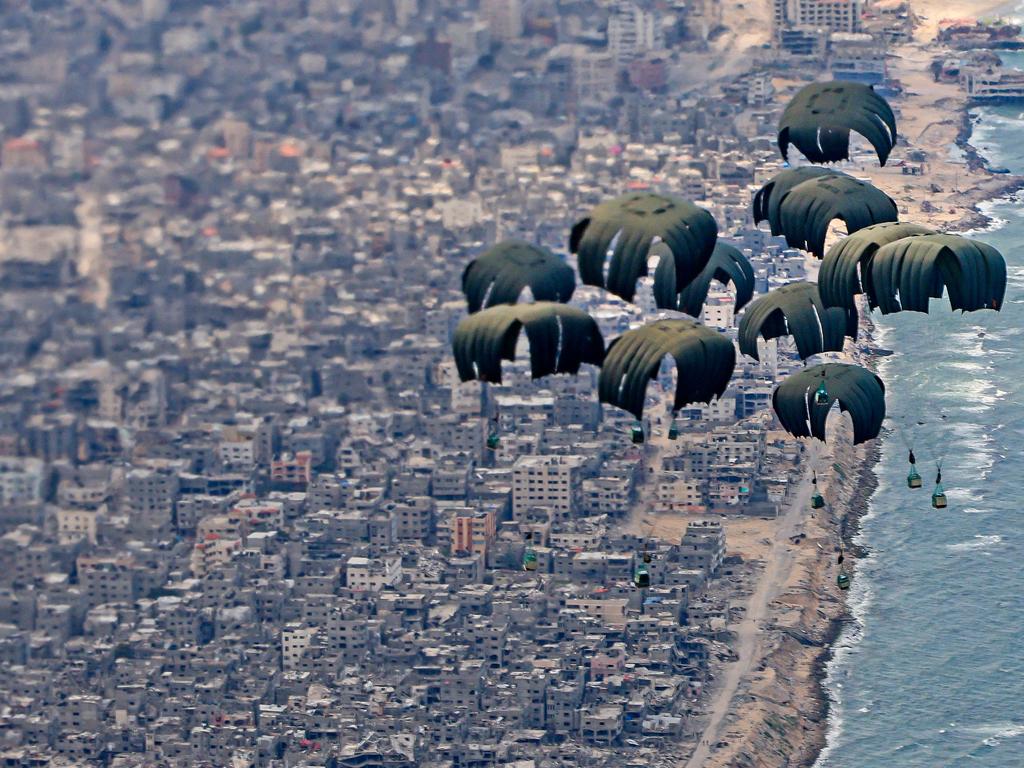
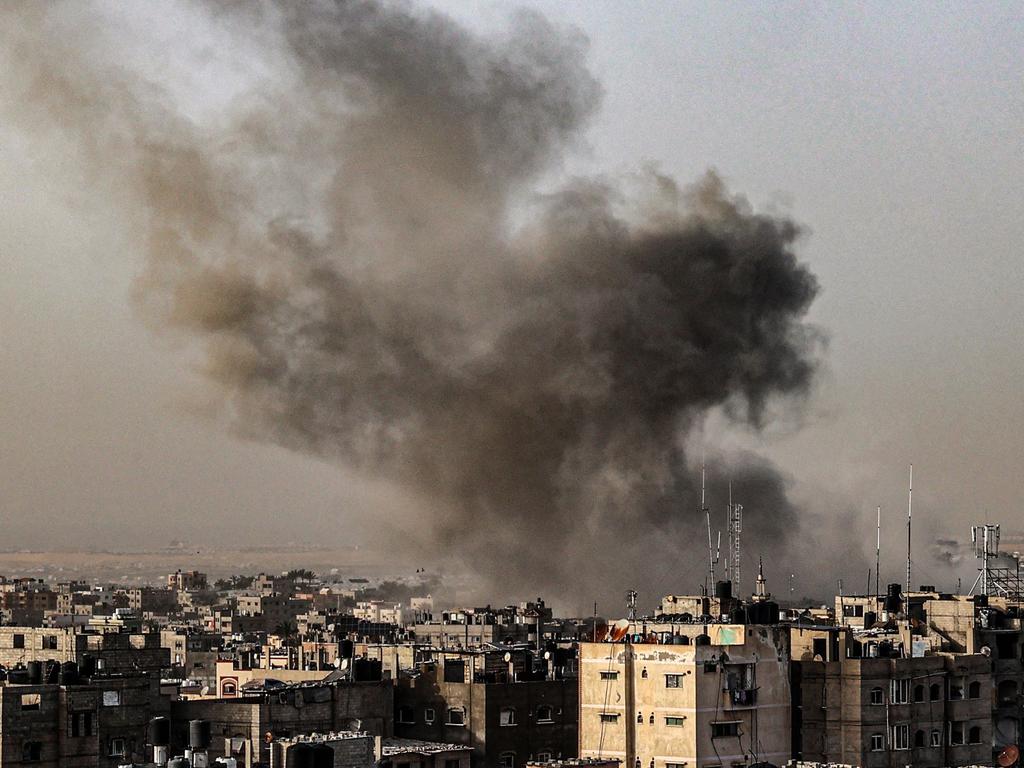
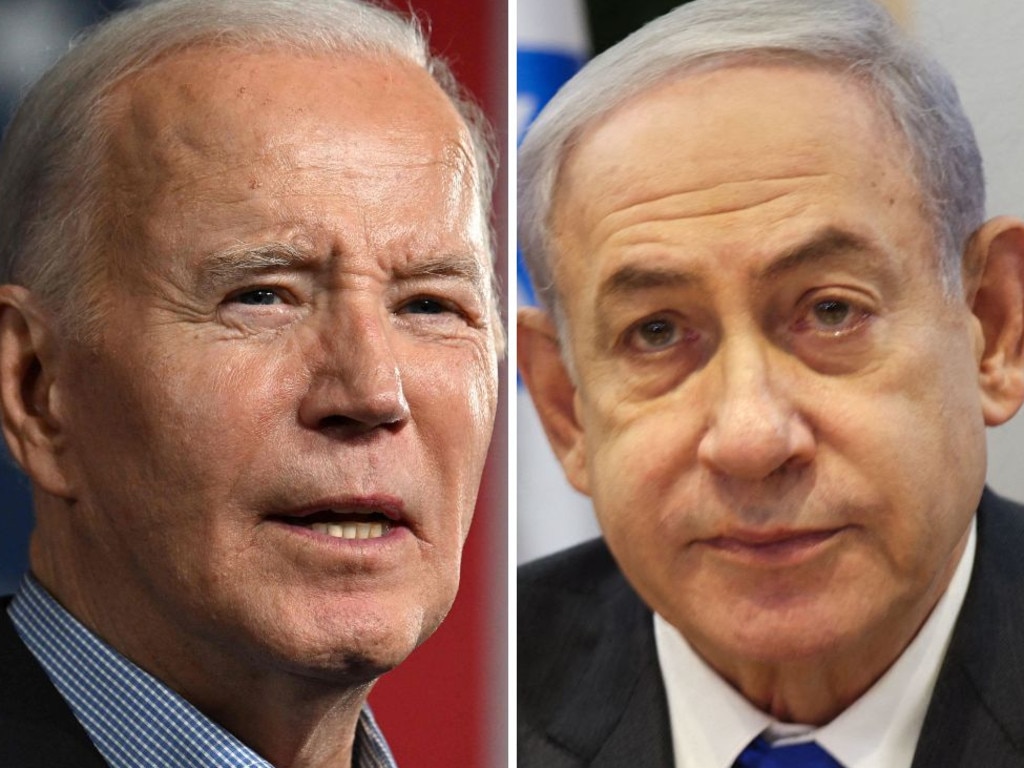


In a nondescript villa in the Qatari capital, Mousa Abu Marzouk holds court. Like his fellow members of the Hamas political leadership, Marzouk is wanted dead by Israel.